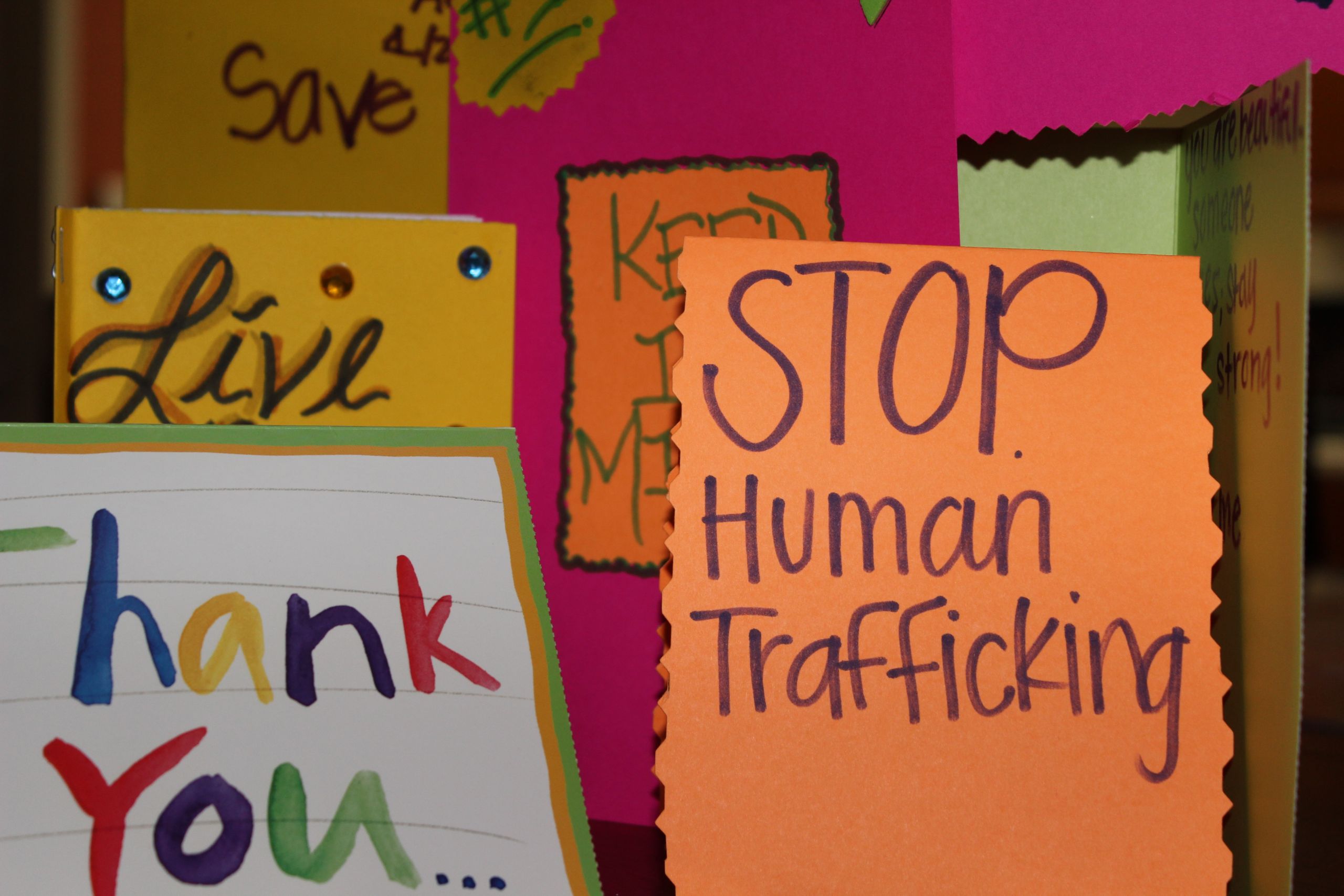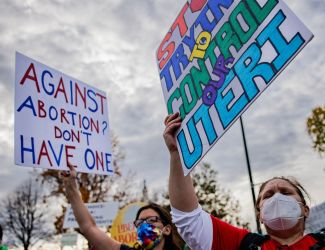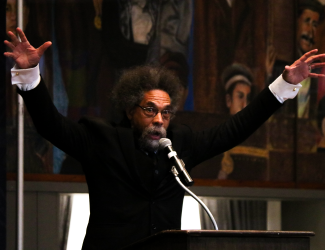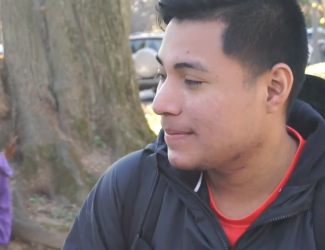
If someone doesn’t believe human trafficking happens in schools and on college campuses, Clara Clanagan will set the record straight.
On college campuses, Clanagan said human traffickers who target victims often use someone who is referred to as a “Romeo pimp.” A “Romeo pimp” is typically a guy who finds the popular guy on campus and goes to the parties to find and target the women on campus, she said.
Clanagan is the executive director of a residential home called Worthwhile Wear that helps victims of human trafficking victims who come from the suburbs and the cities.
“It’s not glamorous, it’s not Pretty Woman and it is also not typically being kidnapped and being taken away,” Clanagan said during a Feb. 1 panel that Cabrini hosted to bring awareness to human trafficking. Clanagan and two other experts in the field talked about the realities of the crime and the misconceptions.
So, what is human trafficking? Human trafficking in layman’s terms is when someone is coercing another person into labor work or sexual exploitation. Clanagan said there should be another name for human trafficking as the term doesn’t encompass all that it is.
While trauma from human sex trafficking is not in the DSM-5, also known as the Diagnostic and Statistical Manual of Mental Disorders, which categories mental health conditions, she clarified that the girls and women who experience human trafficking have experienced complex trauma.
Clanagan emphasized, “It’s all about getting out that life of sex trafficking but many victims aren’t aware that what they experienced isn’t normal.”
Clanagan highlighted a community empowerment program called Ending the Game that educates victims on how to come out of the life of commercial sexual exploitation. Clanagan said that sometime over the six-to-nine-week program, there is typically “an Ah-ha moment where they realize I am a victim, these things have happened to me and that there are resources to help me.”
“If readers could have one takeaway about human trafficking, it would be that it is happening locally and that everyone can take part in the fight against Human Trafficking. No one gesture to help is too small because these ladies and men are worth it,” Clanagan said.
She stressed that young people, especially college students should be aware of their surroundings. After the panel, Mission Kids CEO, Abbie Newman, said, “If we save one person, we have made the difference we need to.”
College students may be vulnerable to trafficking crimes for a variety of reasons, according to the Human Trafficking Response Guide for Campus Law Enforcement and Public Safety Officials.
Some reasons they are vulnerable are because one, they are living away from home, often for the first time
Students may have to build new social and community connections, the lack of which could make them
vulnerable to traffickers who may offer emotional support to gain trust.
In addition to, traffickers can take advantage of students’ potentially newfound independence, and they may use drugs and alcohol to lure potential victims.
International students may be at even a greater risk because they are in a new country further away from home and may not know their rights. Traffickers could also potentially use their temporary residency as a way to manipulate them and build fear if they try to seek help. Human trafficking may also look very different in their home countries, so they may know even less about the signs to look for and how to protect themselves.
According to the guide, which alerts public safety officials to trends, many students are living away from home for the first time and don’t have as many social connections. The lack of those connections could make them “vulnerable to traffickers who may offer emotional support to gain trust.”
Economic instability also adds to the risk factors. The report warns that students may experience financial difficulties that “traffickers can exploit by offering monetary support or false promises of jobs. Taking advantage of students’ potentially newfound independence, traffickers may use drugs and alcohol to lure potential victims.”
Clanagan said that college students should follow Mission Kids, Montgomery County Anti-Human Trafficking Coalition (MCAT) and Worthwhile Wear on Instagram to protect themselves on social media because predators don’t want to target young women who are following these organizations.
Because of her worthwhile and important work, she was a Martha Dale Willis Humanitarian Award recipient at Cabrini in 2016. For more information about this distinguished honor see= Visit HERE for more information about this distinguished honor.






